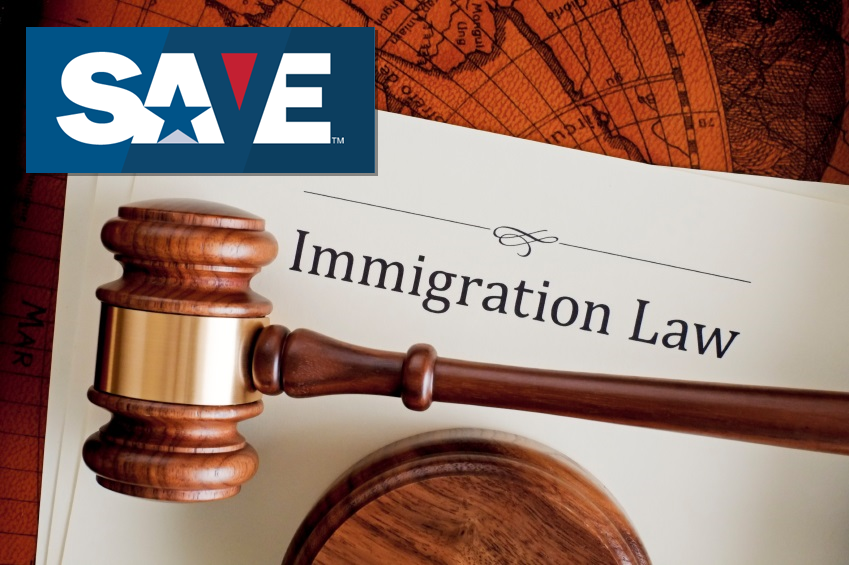SAVE Governing Laws
These laws govern SAVE:
Immigration Reform and Control Act of 1986 (IRCA)
The IRCA required the former Immigration and Naturalization Service to create a system for verifying the immigration status of non-citizen applicants for, and recipients of, certain types of federally funded benefits. The IRCA also required that the system be made available to federal, state and local agencies administering these benefits. USCIS now performs this function.
Personal Responsibility and Work Opportunity Reconciliation Act of 1996 (PRWORA)
The PRWORA restructured the welfare system in the U.S. and restricted immigrant eligibility for public benefits, expanding the need to verify immigration status through benefit-granting agencies. The PRWORA also defines “federal public benefits” and “state and local public benefits.”
Illegal Immigration Reform and Immigrant Responsibility Act of 1996 (IIRIRA)
The IIRIRA required that DHS-USCIS, as a successor to the Immigration and Naturalization Service, respond to inquiries from federal, state and local agencies seeking to verify or determine the citizenship or immigration status of any individual within the jurisdiction of the agency for any purposes authorized by law. Under this authority, agencies can use SAVE to determine such an individual’s immigration status or naturalized/derived citizenship.

REAL ID Act of 2005
The REAL ID Act established certain minimum standards for state-issued driver's licenses and state-issued identification cards in order for those documents to be acceptable for official federal purposes as specified by the statute.
Patient Protection and Affordable Care Act of 2010
The Patient Protection and Affordable Care Act provided for a variety of healthcare reforms, including health insurance benefits for qualified noncitizen lawfully present in the U.S. As part of this eligibility determination, health and human services agencies use SAVE to verify a benefit applicant’s immigration status or naturalized/derived citizenship.
